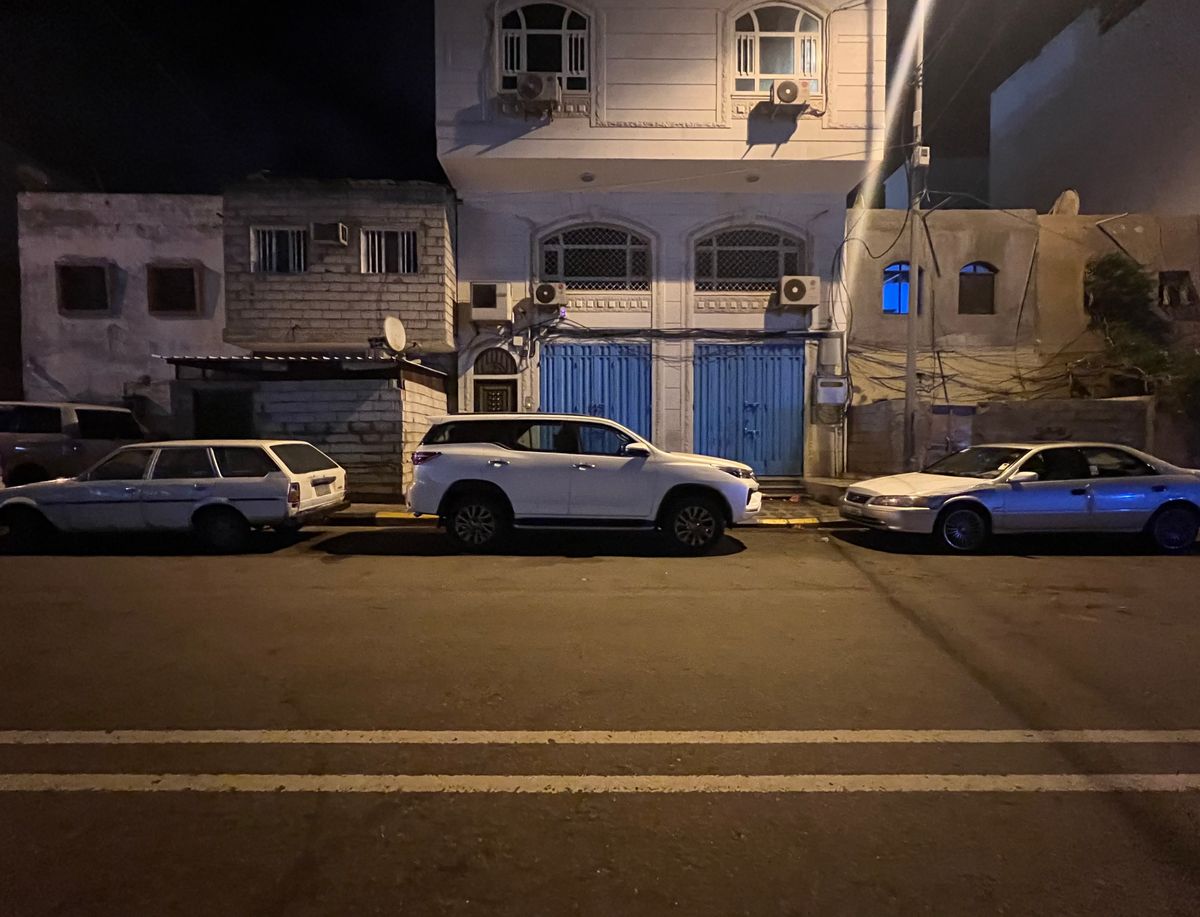A Yemeni's Return Home

Most people are excited at the opportunity to visit their birthplace, where nostalgia meets innocence. The place responsible for our first life lessons: how to make friends, how to avoid a beating, and how to hide the smell of cigarette smoke from one’s parents. But for me, as the plane approached Yemen, the news of the war, people getting robbed, and some murdered, ran through my mind and I wished I stayed in New York. I didn’t have to come here. During my layover at Cairo’s airport, I got a taste of corruption, where officers pressured passengers for bribes before getting through scanners, before stamping passports, then before receiving boarding passes. I made a vow that I would avoid Egypt in the future at all costs, so I don’t put myself under the mercy of men in uniform. Yemen would be worse?
We landed. While the flight attendant was welcoming us to Aden International Airport, a young man behind me played an oud song on his phone, and the person next to him sang along. Two rows ahead of me, three men were taking a selfie. Someone from the back was complaining about the twelve-hour car ride to Sanaa that used to take seven before the war. The moment the seat belt light turned off, people rushed towards the overhead cabins to remove their backpacks, carry-ons, and knafeh boxes that were wrapped and bagged, bought from Egypt for family members anticipating the sweetness of the pastry more than their carrier. “God help us,” I told my friend while pushing my bags between the aisle seats. He smiled with a nervous look.
At the exit, the captain was wishing people a safe stay in Yemen. His eyes landed on my sweater, which I had resisted wearing until this trip. It was all black with the word “Writer” written in white across the chest. The captain’s look made me think of how American I must have looked. It wasn’t the English letters that did it, but the narcissism in the word. I was defining myself to people, asking them to treat me based on my vocation. I was not any Mohamed; I was Mohamed the Writer. I demanded literary respect.
I stepped out of the plane and inhaled a cool breeze with a hint of salt. Aden was an ocean city. “Aden is the ocean,” locals will tell you. In the airport, we waited in line for passport control. When it was my turn, the officer asked me where I was staying and I told him, he asked me to look at a web camera, then asked me to place my fingers on a machine emanating green light. He returned my passport without smiling.
The luggage area was full of young men who offered their muscles for a tip. One of them came up to me and asked me for my luggage tags. He said he could locate my bags, and take them to the car. He was small, five feet tall, 110 pounds, mid-twenties. My guard was up, I thought he could take my bags and never return for all I know. I told him I could find them myself.
“I’m only trying to help you,” he said, “why you’re nervous?”
I ignored him and kept my eyes on the bags rotating around. Once I found mine, I pulled them out and headed towards the exit. In the parking lot, while our driver was helping us load our bags into his car, I saw the young man from earlier talking to my friend. They were arguing, so I approached them and asked my friend, in English, if everything was all right.
“I helped him find his bags,” the young man said to me, “now he doesn’t want to pay me.”
I looked at my friend.
“My uncle will take care of you,” my friend said to the young man.
“I don’t want to deal with your uncle,” the young man said, “he ignores me when I speak to him like I’m not human.”
Dignity is all we seek to keep, once violated we feel stripped of our core. Poor or rich, a bodega owner in America or a farmer in Yemen, when we deal with others we want to feel respected. My friend’s uncle ended up tipping the young man, and we left the airport and went through a few checkpoints before we arrived at our stay.
I realized that Yemen was much safer than the media makes it seem. For the past few days, I’ve been walking around Aden talking to people, and what I noticed is that everyone is hopeful. They see the struggles the country is going through as a bridge to a better future. Even though there is no indication of a silver lining. Still, when asked what you think the future holds for Yemen, most people will say, as one man said to me, “It’s in God’s hand and God is merciful.”
